
8 Fruits That Can Harm People with Kidney Disease
Introduction
For individuals with kidney disease, maintaining a proper diet is crucial. One of the most important dietary considerations is controlling potassium intake. The kidneys help regulate potassium levels, and when they are damaged, excess potassium can accumulate in the blood, leading to serious health complications. Some fruits, despite being nutritious, contain high amounts of potassium and should be limited or avoided by those with kidney disease.
This article will discuss eight fruits that can be harmful to individuals with kidney disease due to their high potassium content. We will also provide alternative fruits that are safer for kidney health and offer expert dietary advice.
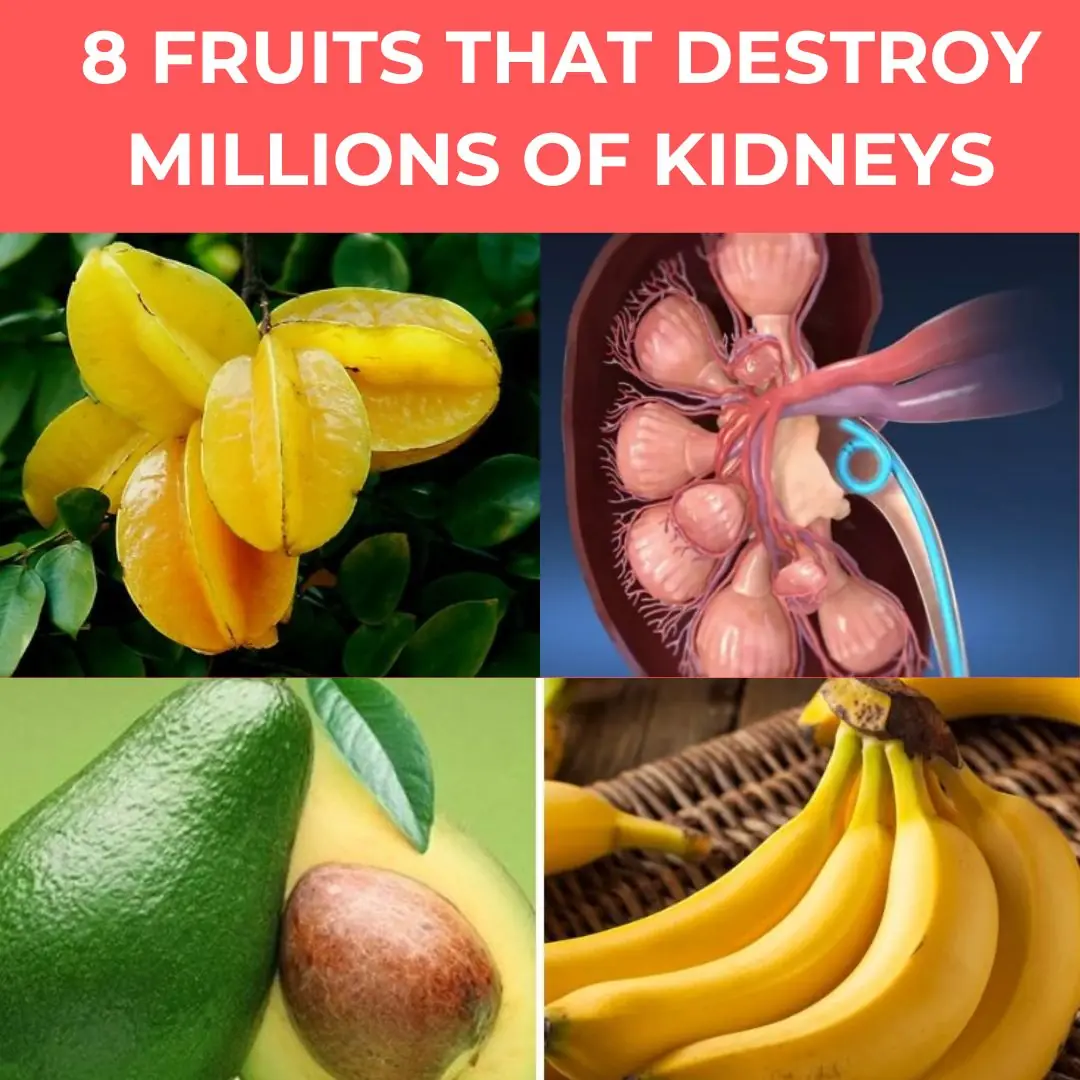
Why High Potassium Fruits Are Harmful for Kidney Disease
Potassium is an essential mineral that helps regulate heart function and muscle contractions. However, for people with chronic kidney disease (CKD), high potassium levels can lead to hyperkalemia, a condition that can cause:
-
Irregular heartbeats (arrhythmia)
-
Muscle weakness
-
Nausea
-
Severe complications such as heart attacks
Healthy kidneys filter excess potassium from the bloodstream, but when kidney function declines, this process slows down, causing potassium levels to rise dangerously.
8 Fruits That Are Harmful to People with Kidney Disease
1. Bananas
Bananas are one of the most potassium-rich fruits. A medium-sized banana contains about 422 mg of potassium, which can quickly add up if consumed regularly. For individuals with kidney disease, consuming bananas can contribute to excess potassium in the blood, leading to hyperkalemia.
Alternative: Opt for apples, pears, or berries, which are lower in potassium and safer for kidney health.
2. Dried Fruits
Dried fruits, such as raisins, dates, and prunes, are highly concentrated in potassium due to water loss during dehydration. For example, a small handful of raisins contains over 300 mg of potassium.
Alternative: Fresh fruits like grapes, apples, or blueberries provide sweetness without excessive potassium levels.
3. Oranges
Oranges and orange juice are packed with potassium. A single orange contains about 237 mg of potassium, while a cup of orange juice contains 500 mg or more.
Alternative: Try cranberry juice or apple juice, which are lower in potassium and kidney-friendly.
4. Avocados
Avocados are rich in potassium and phosphorus, both of which can be problematic for kidney disease patients. A single avocado contains 728 mg of potassium, making it one of the highest potassium fruits.
Alternative: Choose cucumber or lettuce in salads instead of avocado.
5. Watermelon
While watermelon is hydrating, it is also high in potassium and water content. Excess fluid intake can be harmful for kidney disease patients, as the kidneys struggle to balance fluid levels.
Alternative: Apples and strawberries are better options with lower potassium levels.
6. Mangoes
Mangoes are delicious but contain a high amount of potassium and sugar. A medium-sized mango provides 277 mg of potassium, which can contribute to elevated blood potassium levels in kidney patients.
Alternative: Opt for peaches or pineapples in moderation.
7. Peaches
Peaches, though packed with vitamins, contain 260 mg of potassium per fruit. While this amount is moderate, consuming multiple peaches can lead to excessive potassium intake.
Alternative: Apples and grapes are lower in potassium and safer for kidney patients.
8. Starfruit (Carambola)
Starfruit is particularly dangerous for people with kidney disease because it contains a neurotoxin that can cause serious neurological effects, including confusion, seizures, and even death in severe cases.
Alternative: Stick to kidney-safe fruits like apples, pears, or berries.
Kidney-Friendly Fruits
While some fruits should be limited or avoided, there are still plenty of delicious and nutritious options that are safe for people with kidney disease. Here are some low-potassium fruits:
-
Apples – Rich in fiber and antioxidants
-
Berries (strawberries, blueberries, raspberries) – Packed with vitamins and kidney-protective compounds
-
Grapes – Low in potassium and hydrating
-
Pineapples – A tropical fruit that is lower in potassium than bananas or oranges
-
Peaches (in moderation) – Lower in potassium than bananas but should be eaten in controlled portions
-
Plums – Lower potassium option when eaten fresh (not dried)
Expert Dietary Tips for Kidney Disease
-
Consult Your Doctor – Before making any dietary changes, talk to a healthcare professional or dietitian.
-
Read Nutrition Labels – Look for potassium content in packaged foods and beverages.
-
Limit Portion Sizes – Even kidney-friendly fruits should be eaten in moderation.
-
Soak High-Potassium Vegetables – Soaking certain foods in water can help reduce their potassium content.
-
Stay Hydrated (Within Limits) – Monitor fluid intake to avoid excess strain on the kidneys.
-
Eat a Balanced Diet – Include a variety of kidney-friendly foods such as whole grains, lean proteins, and healthy fats.
Conclusion
While fruits are generally considered healthy, some can pose risks for individuals with kidney disease due to their high potassium content. Bananas, dried fruits, oranges, avocados, watermelon, mangoes, peaches, and starfruit should be consumed with caution or avoided altogether. However, there are plenty of kidney-friendly alternatives like apples, berries, and grapes that provide essential nutrients without the risk.
By making informed dietary choices and consulting with a healthcare provider, individuals with kidney disease can enjoy a nutritious diet while protecting their kidney health.
News in the same category

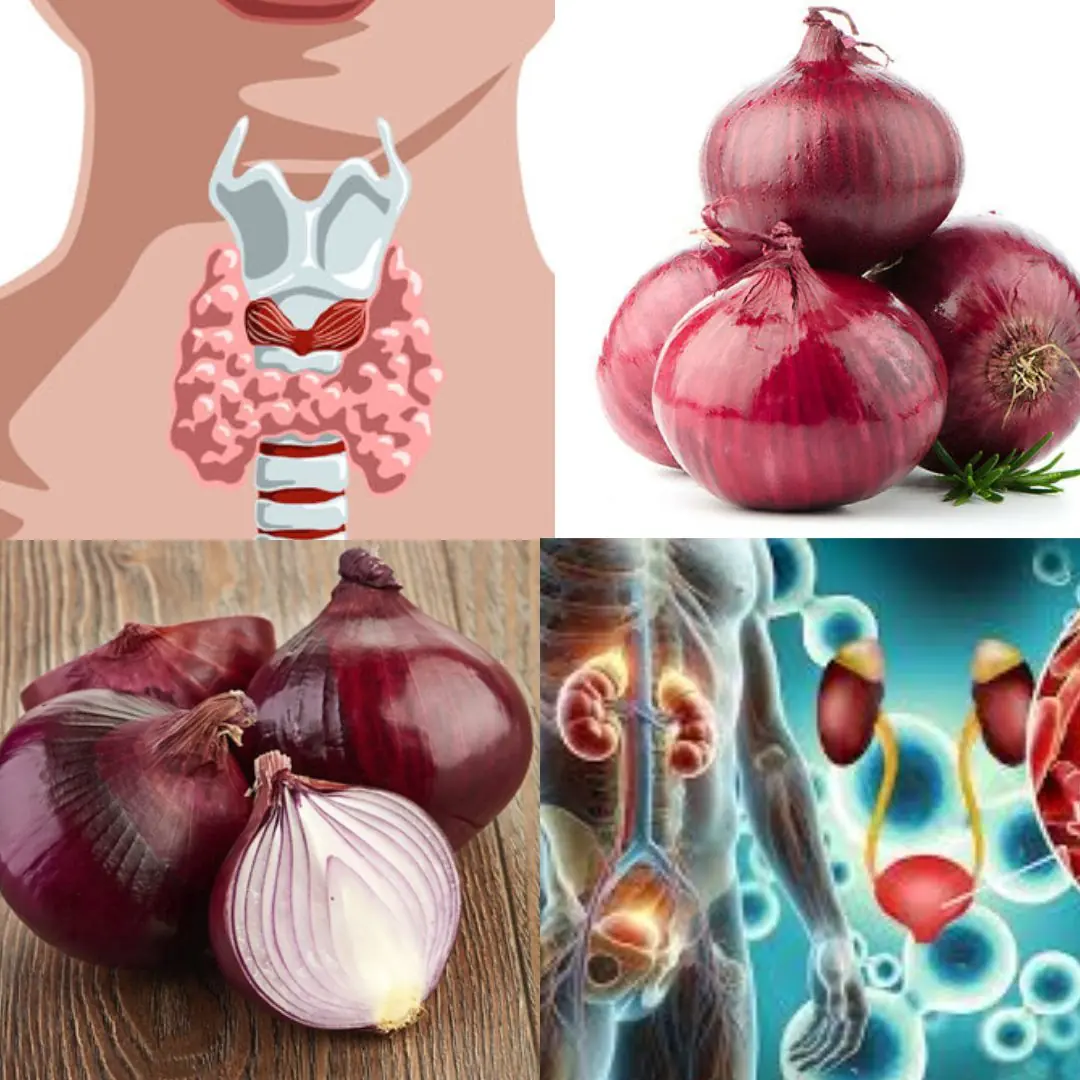
Euphorbia Hirta (Asthma-Plant): Ancient Remedies and Modern Applications for Health and Wellness

Doctor Warns Against This One Thing If You Wake Up at Night
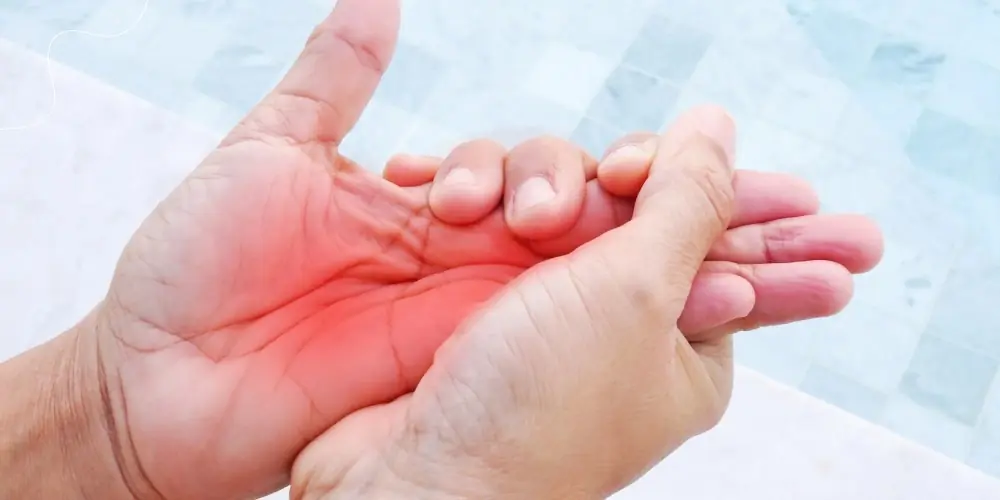
Reasons You Could Have Numbness or Tingling Sensations in Your Hands

A Well-Known Shampoo Is Being Withdrawn Immediately Due To Bacteria That Can Kill One In Ten Patients
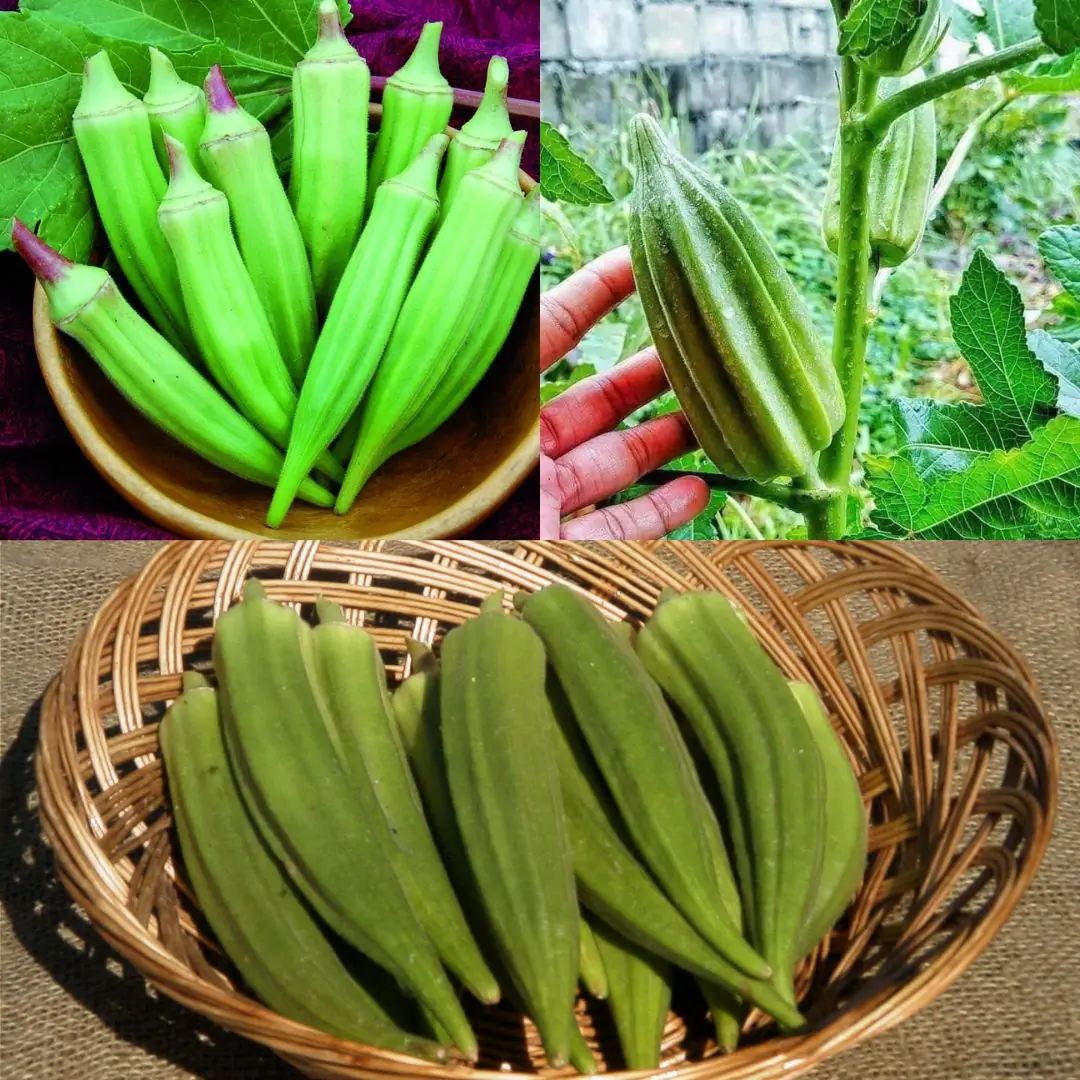
9 Reasons Why You Should Eat Okra Multiple Times a Week

What’s In Your Mouth Could Be Triggering Alzheimer’s, Scientists Say
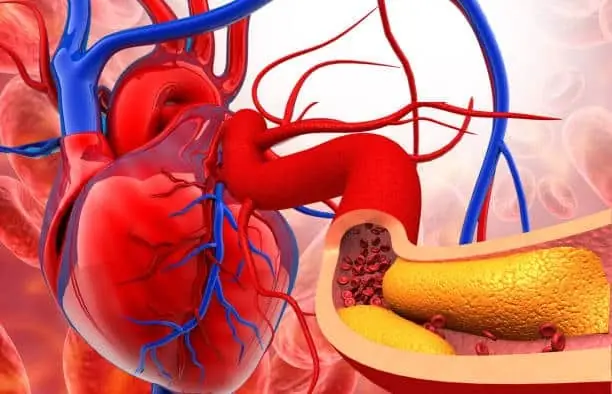
10 Signs You're Living With Clogged Arteries

Man with severe anger issues breaks down in tears after seeing what radiologist found in scans of his brain

How to Treat H. Pylori Bacteria Causing Heartburn and Bloating + Natural Remedies

8 Ways To Get Rid Of Phlegm And Mucus In Chest And Throat

After A 49-Year-Old Father Of Two Passes Away, There Is An Urgent Warning For All Pet Owners Who Allow Their Dogs To Lick Them
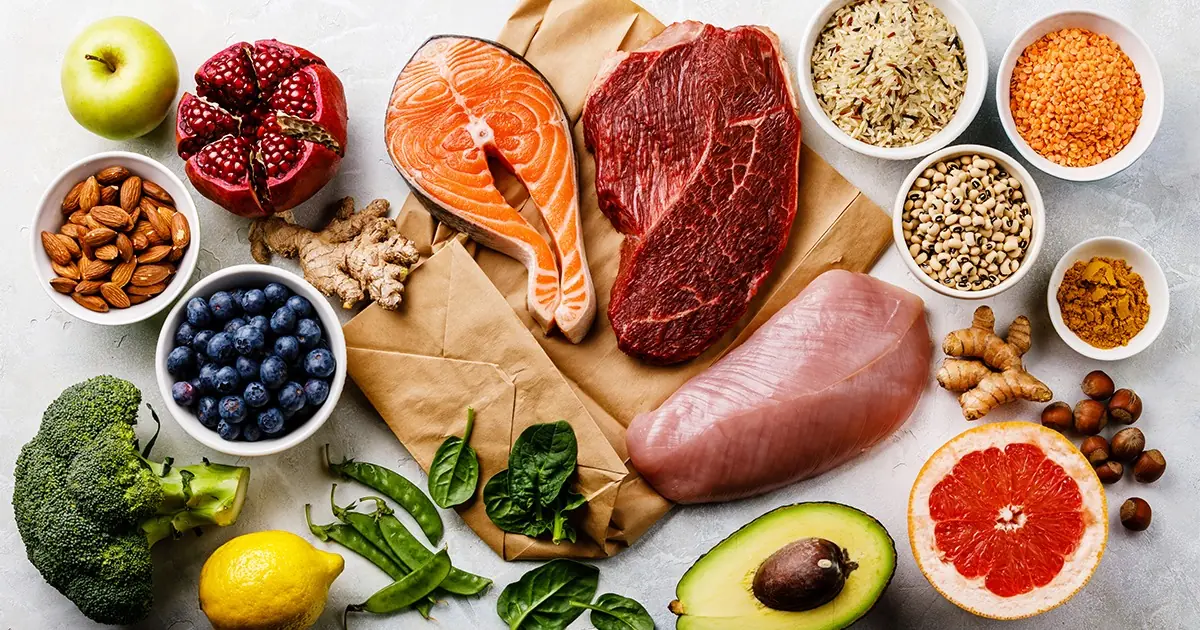
8 of the Best Anti-Cancer Foods. It’s Time to Start Adding Them to Your Diet

Getting Annoyed By Chewing Sounds Is a Genuine Psychiatric Disorder

5 Concerning Red Flags That May Signal Colon Cancer

Risk Of Prostate Cancer Increases By 45% In Men Who Share This Common Practice

End-of-life nurse shares the most disturbing behaviors seen in those nearing death

**Say Goodbye to Skin Tags and Warts: Easy Removal with Hydrogen Peroxide**

What Does It Signify When You Dream of a Deceased Loved One?
News Post
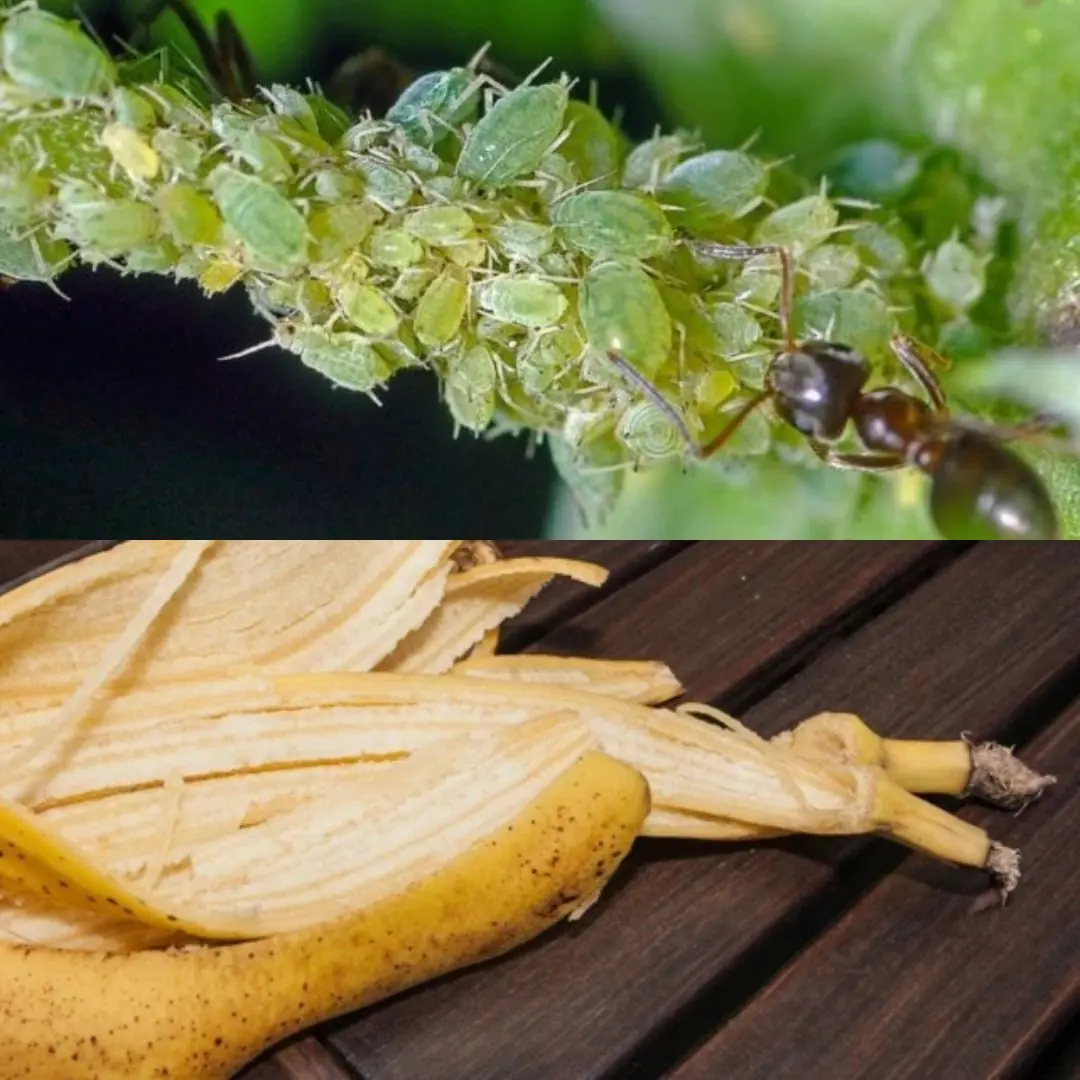
Banana Peels as a Natural Ant Repellent: A Safe and Eco-Friendly Solution
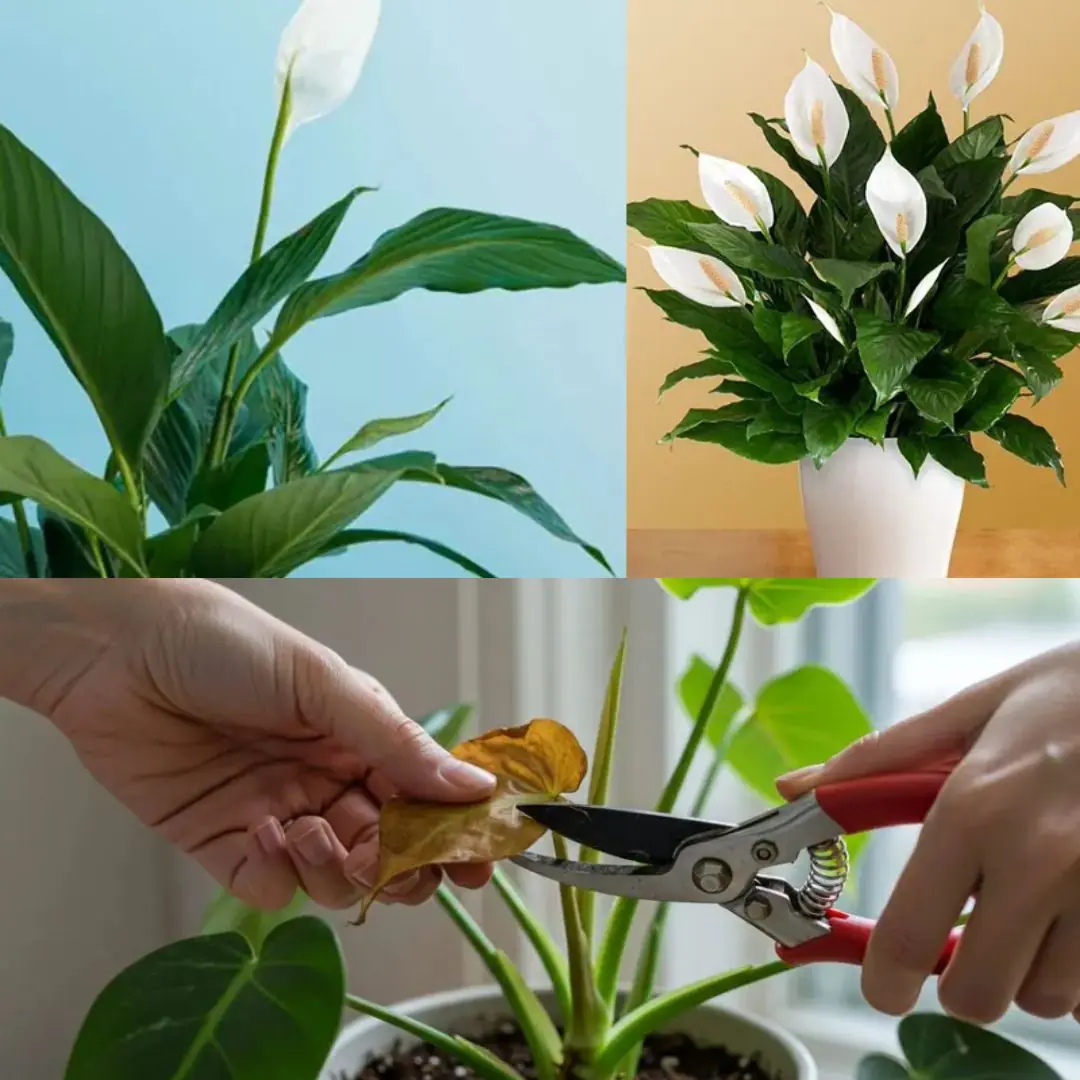
1 year ago 1 year ago Peace Lily Care Guide: Key Tips to Ensure Its Flourishing Growth

THIS DOUBLES Your Testosterone Naturally in 7 Days!
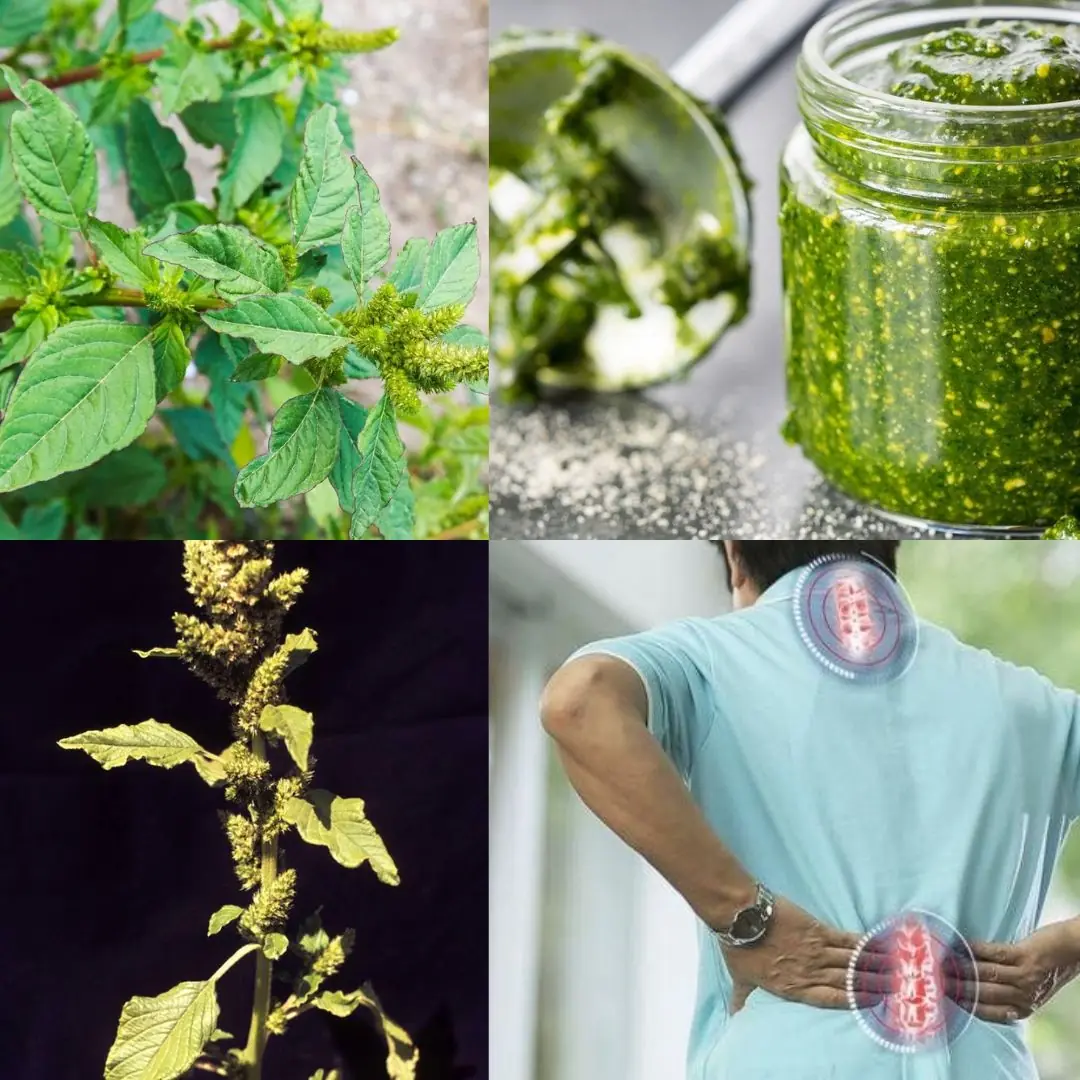
10 Remarkable Health Benefits of Pigweed Greens You Need to Know

Euphorbia Hirta (Asthma-Plant): Ancient Remedies and Modern Applications for Health and Wellness
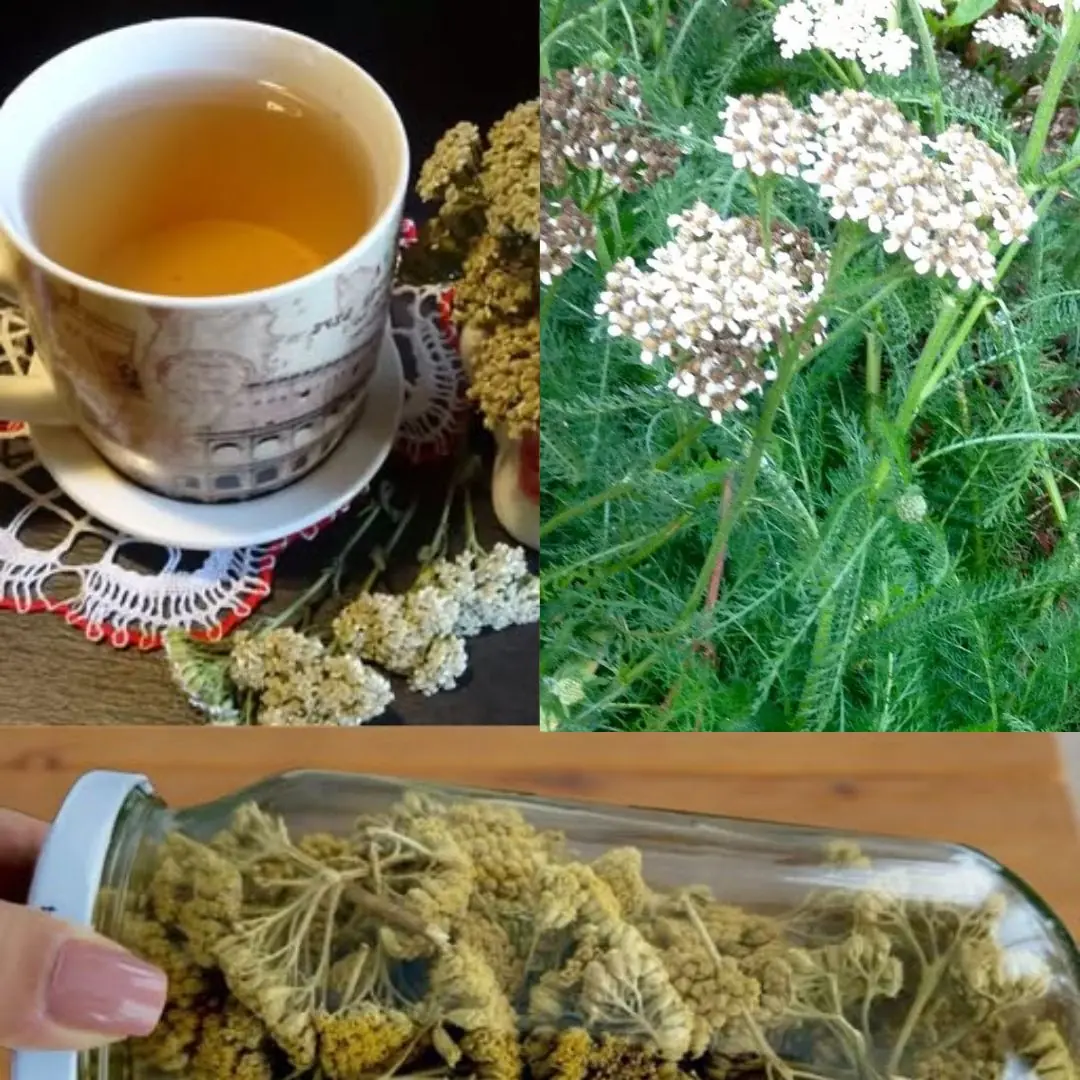
Yarrow: A Natural Herb with Powerful Health Benefits

Onion peels and cloves: a simple hair growth remedy from Grandma's time

Vaseline to look 10 years younger

HE JUST NEEDED $25 FOR A HAIRCUT—BUT WHAT HE DID WITH IT SHOOK ME

When my son innocently revealed that my husband had been secretly driving a brighter car with a woman I knew nothing about.

Doctor Warns Against This One Thing If You Wake Up at Night

Reasons You Could Have Numbness or Tingling Sensations in Your Hands

A Well-Known Shampoo Is Being Withdrawn Immediately Due To Bacteria That Can Kill One In Ten Patients

Why Was My Son Left Out? A Text Revealed the Truth

Three Became Fathers in a Day—One Text Changed Everything

"Unbelievable Coincidence: The Orphanage Held a Carbon Copy of Our Child!"

The Hidden Weight of Childhood: A Journey of Independence, Compassion, and Unspoken Secrets

There were cops in my yard, and as an african american family, my mind was full of negative thoughts

I Always Thought Housework Was a Breeze—Until My Son Taught Me a Lesson I’ll Always Remember

I Helped Plan a Family Cruise for My Dad and Stepmom & They Invited Me Too—I Didn't Know They'd Turn Me Into the Nanny
I thought joining my dad and stepmom on a family cruise would bring us closer. Instead, I found myself stuck in a tiny cabin with two kids and a long list of responsibilities no one warned me about.